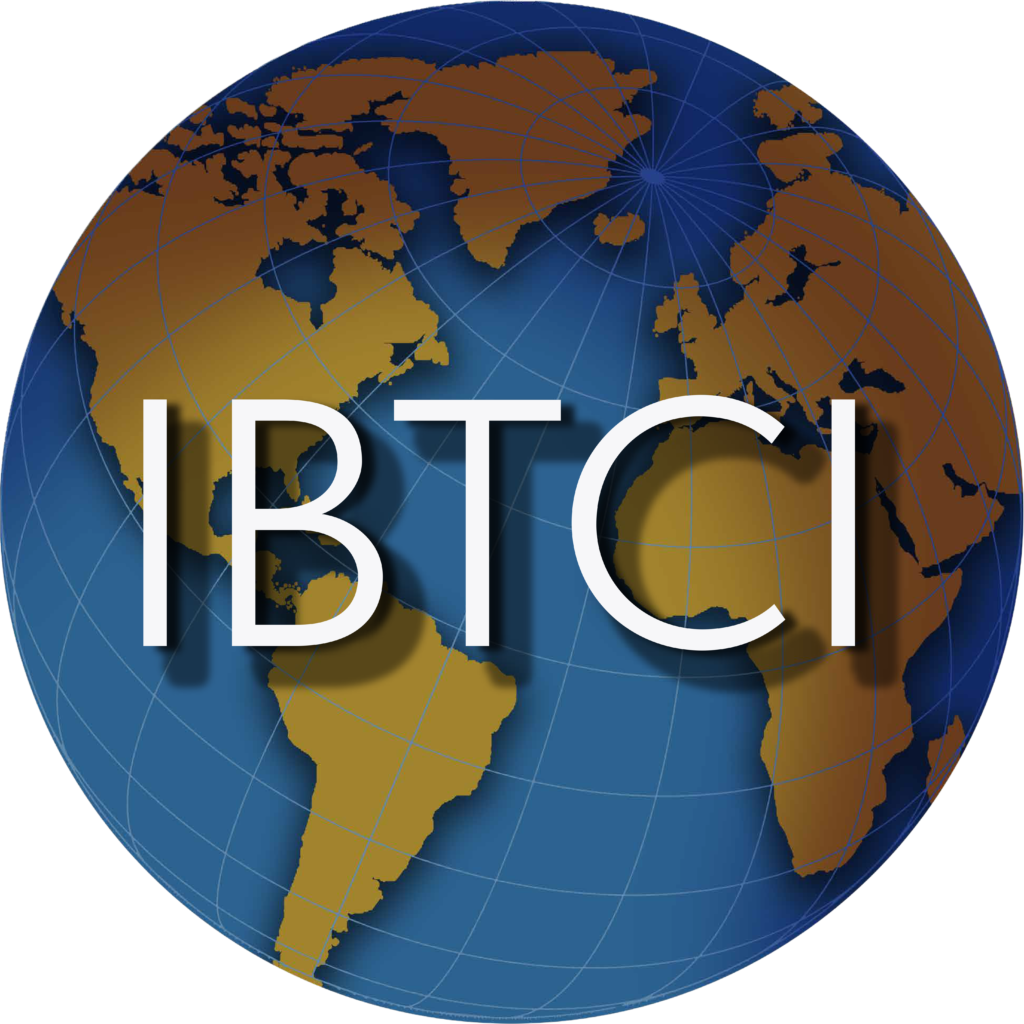 IBTCI believes in racial and ethnic equity (REE), diversity, inclusion, and belonging. On July 11, 2022 executive leadership and human resources managers from FHI360, Plan International, and IBTCI served on a panel for the Coalition for Racial & Ethnic Equity in Development’s (CREED) first learning event. This event brought 59 signatories together to discuss ways to integrate REE into our organizational systems and policies.
IBTCI believes in racial and ethnic equity (REE), diversity, inclusion, and belonging. On July 11, 2022 executive leadership and human resources managers from FHI360, Plan International, and IBTCI served on a panel for the Coalition for Racial & Ethnic Equity in Development’s (CREED) first learning event. This event brought 59 signatories together to discuss ways to integrate REE into our organizational systems and policies.
Ultimately, the goal of this learning event was to engage CREED signatories in the international development community to “move the needle forward” and advance REE. The panel was asked to discuss three questions:
1. Why is our organization making a commitment to REE?
2. What are key considerations for building a REE policy?
3. How do we make these policy changes measurable and accountable?
What follows below are highlights from the discussion.
Why REE? Our industry is about changing lives. Commitment to learning and bringing different views to our organizations must come from leadership to give agency and voice to underserved communities and transform the international development industry. REE as a “superpower,” a critical part of Diversity, Equity, and Inclusion (DEI) initiatives, was the consensus among the panel speakers. As IBTCI CEO Ajay Kalotra noted, the diversity in perspectives that REE enables is “good for business and for the heart.”
“Respect is key; REE is good for the business and for the heart.”
– Ajay Kalotra
Key considerations to building a policy on REE and integrating REE into existing organizational policies. Advancing REE in our organizations is a journey, an ongoing, iterative process. Each CREED signatory is at a different place. However, a policy statement on REE is an excellent starting place to inform employees and establish a shared language of principles. The panel discussed key questions to ask ourselves in assessing our policies to integrate REE: Who benefits and who is left out? One panelist’s organization sought external help to assess where they are now and where they want to be. They formed a DEI council to review policies and systems to add intentional language to be more inclusive. They didn’t always get it right at first, but kept listening to employees to adapt as needed. We need to acknowledge where we fall short and identify steps to change. The panel agreed that engaging employees in the journey to be intentional and prioritizing policy changes that have the most impact on REE are critical to institutionalizing changes to “move the needle forward.”
Accountability. What does success look like? The panelists discussed ways organizations can institutionalize REE efforts by measuring progress through surveys and reporting results internally and externally. IBTCI Senior International Human Resources Manager, Misti French, reflected on the experience “I was initially nervous to serve as a panelist because IBTCI is just starting this learning journey, but by challenging ourselves to speak helped move us forward.
The three panel organizations were IBTCI, Palladium, and Plan International. Each organization was represented by a senior executive and a Human Resources or DEI Specialist. Ajay Kalotra and Misti French represented IBTCI. Ricardo Michel and Afiya Bey represented Palladium. Mustafa Kudrati and Audra Thurber represented Plan International. The panel was moderated by Paul Weisenfeld of RTI International with an introduction by Indira Kaur Ahluwalia, founder of CREED.
Special Thanks :
Jody Schubert who was a strategic advisor for this event and Eric Forehand who created the logo.
Thank you to all the other Creed Workgroup Participants:
Mike Doyle, Ron Baker, Ahmad Safi, Lynne Workman, Sandra Medina, Orlando Hernandez, Erfan Kabir
